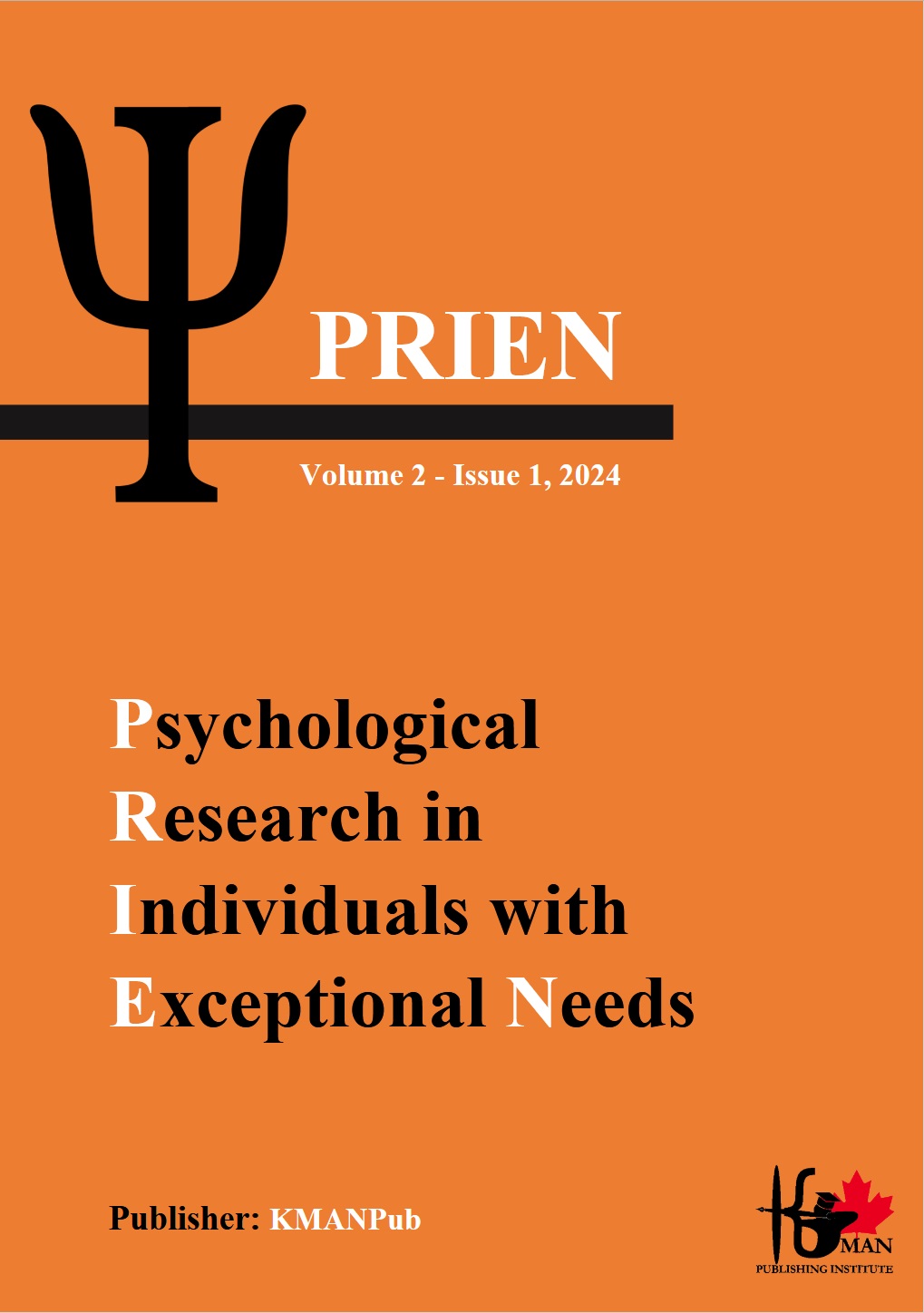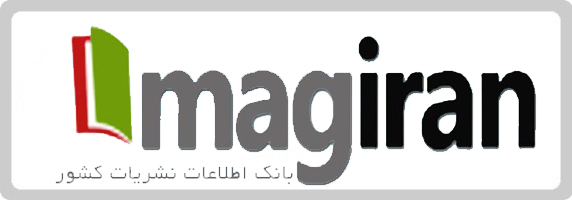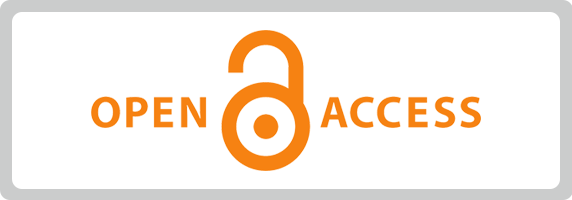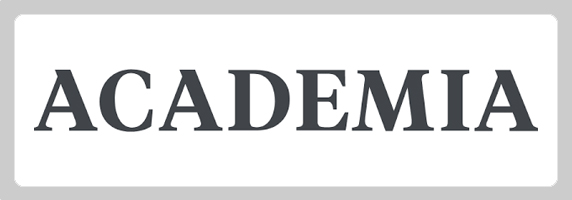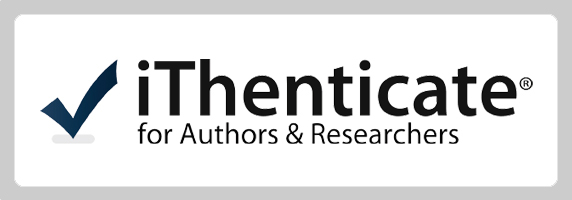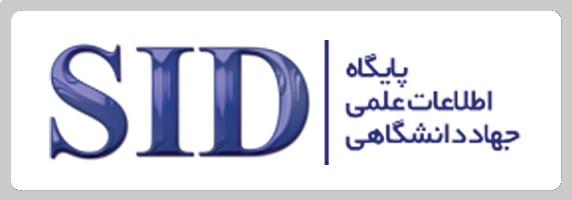Exploring Professional Development Needs for Educators in Special Education
Keywords:
Special education, professional development, individualized instruction, emotional support, collaboration, teaching strategiesAbstract
The objective of this study was to explore the professional development needs of educators in special education. This qualitative research employed a phenomenological approach to understand the lived experiences of 17 special education teachers. Participants were selected based on their diverse experiences and willingness to participate. Data were collected through semi-structured interviews, lasting between 45 to 60 minutes, either face-to-face or via video conferencing. The interviews were transcribed verbatim and analyzed using thematic analysis to identify key themes and subthemes related to the professional development needs of special education teachers. The data collection continued until theoretical saturation was reached. The study identified four main themes regarding professional development needs: Teaching Strategies, Emotional and Social Support, Professional Knowledge, and Collaboration and Advocacy. Under Teaching Strategies, educators highlighted the importance of individualized instruction, effective classroom management, differentiated learning approaches, technology integration, and collaboration with support staff. Emotional and Social Support needs included social skills training, emotional regulation, building relationships, fostering inclusion, crisis intervention, family engagement, and self-care for educators. Professional Knowledge emphasized understanding special education law and policy, disability awareness, evidence-based practices, assessment techniques, ongoing professional development, and curriculum adaptation. Collaboration and Advocacy focused on interdisciplinary teams, student advocacy, community partnerships, professional learning communities, and policy development. The findings underscore the multifaceted professional development needs of special education teachers, highlighting the necessity for tailored training programs that address specific instructional, emotional, social, and collaborative aspects.
Downloads
References
Beck, S. J., & DeSutter, K. (2019). An Examination of Group Facilitator Challenges and Problem-Solving Techniques During IEP Team Meetings. Teacher Education and Special Education the Journal of the Teacher Education Division of the Council for Exceptional Children, 43(2), 127-143.https://doi.org/10.1177/0888406419839766
Berry, A. B., Petrin, R. A., Gravelle, M., & Farmer, T. W. (2011). Issues in Special Education Teacher Recruitment, Retention, and Professional Development: Considerations in Supporting Rural Teachers. Rural Special Education Quarterly, 30(4), 3-11.https://doi.org/10.1177/875687051103000402
Cantimer, G. G., Şengül, S., & Akçin, N. (2017). Exploring the Professional Self-Efficacy Perceptions of the Teachers of Children in Need of Special Education in Terms of Various Variables<p>Özel Eğitim Gereksinimli Çocukların Öğretmenlerinin Mesleki Özyeterlilik Algılarının Çeşitli Değişkenlere Göre Incelenmesi. Journal of Human Sciences, 14(1), 694.https://doi.org/10.14687/jhs.v14i1.3995
Chitiyo, A., & Dzenga, C. (2021). Special and Inclusive Education in Southern Africa. Journal of Special Education Preparation, 1(1), 55-66.https://doi.org/10.33043/josep.1.1.55-66
Courtade, G. R., & Ludlow, B. L. (2008). Ethical Issues and Severe Disabilities: Programming for Students and Preparation for Teachers. Rural Special Education Quarterly, 27(1-2), 36-42.https://doi.org/10.1177/8756870508027001-207
Gerencser, K. R., Higbee, T. S., Contreras, B. P., Pellegrino, A. J., & Gunn, S. L. (2018). Evaluation of Interactive Computerized Training to Teach Paraprofessionals to Implement Errorless Discrete Trial Instruction. Journal of Behavioral Education,27(4), 461-487.https://doi.org/10.1007/s10864-018-9308-9
Hughes, E. M., Chitiyo, M., Itimu-Phiri, A., & Montgomery, K. M. (2016). Assessing the Special Education Professional Development Needs of Northern Malawian Schoolteachers. British Journal of Special Education, 43(2), 159-177.https://doi.org/10.1111/1467-8578.12128
Judge, S., & Simms, K. (2009). Assistive Technology Training at the Pre-Service Level. Teacher Education and Special Education the Journal of the Teacher Education Division of the Council for Exceptional Children, 32(1), 33-44.https://doi.org/10.1177/0888406408330868
Khairuddin, K. F., Dally, K., & Foggett, J. (2016). Collaboration Between General and Special Education Teachers in Malaysia. Journal of Research in Special Educational Needs, 16(S1), 909-913.https://doi.org/10.1111/1474-12802.12230
Leko, M. M., & Brownell, M. T. (2009). Crafting Quality Professional Development for Special Educators. TEACHING Exceptional Children, 42(1), 64-70.https://doi.org/10.1177/004005990904200106
Martinussen, R., Tannock, R., & Chaban, P. (2010). Teachers’ Reported Use of Instructional and Behavior Management Practices for Students With Behavior Problems: Relationship to Role and Level of Training in ADHD. Child & Youth Care Forum, 40(3), 193-210.https://doi.org/10.1007/s10566-010-9130-6
Michaels, C. A., & McDermott, J. M. (2003). Assistive Technology Integration in Special Education Teacher Preparation: Program Coordinators' Perceptions of Current Attainment and Importance. Journal of Special Education Technology, 18(3), 29-44.https://doi.org/10.1177/016264340301800302
Min, Z., Bai, Y., & Li, Z. (2020). Effect of Resilience on the Mental Health of Special Education Teachers: Moderating Effect of Teaching Barriers. Psychology research and behavior management, Volume 13, 537-544.https://doi.org/10.2147/prbm.s257842
Palacios, R., Larrazabal, S., & Monzalve, M. (2022). Evident Demands and Absent Changes: Special Education Teachers' Initial Training in Chile. British Journal of Special Education,49(4), 628-647.https://doi.org/10.1111/1467-8578.12423
Pettersson, G., & Ström, K. (2019). Professional Collaboration Between Class Teachers and Special Educators in Swedish Rural Schools. British Journal of Special Education, 46(2), 180-200.https://doi.org/10.1111/1467-8578.12266
Rock, M. L., Spooner, F., Nagro, S. A., Vasquez, E., Dunn, C., Leko, M. M., Luckner, J. L., Bausch, M. E., Donehower, C., & Jones, J. L. (2016). 21st Century Change Drivers. Teacher Education and Special Education the Journal of the Teacher Education Division of the Council for Exceptional Children, 39(2), 98-120.https://doi.org/10.1177/0888406416640634
Rueda, M. M., & Batanero, J. M. F. (2022). Digital Competence of Special Education Teachers: Impact, Challenges and Opportunities. Australasian Journal of Special and Inclusive Education, 46(2), 178-192.https://doi.org/10.1017/jsi.2022.8
Stempien, L. R., & Loeb, R. C. (2002). Differences in Job Satisfaction Between General Education and Special Education Teachers. Remedial and Special Education, 23(5), 258-267.https://doi.org/10.1177/07419325020230050101
Walker, V. L., Douglas, K. H., & Brewer, C. (2019). TeacherDelivered Training to Promote Paraprofessional Implementation of Systematic Instruction. Teacher Education and Special Education the Journal of the Teacher Education Division of the Council for Exceptional Children, 43(3), 257-274.https://doi.org/10.1177/0888406419869029
Yu, L., Su, X., & Liu, C. (2011). Issues of Teacher Education and Inclusion in China. Prospects, 41(3), 355-369.https://doi.org/10.1007/s11125-011-9204-8
Downloads
Additional Files
Published
Issue
Section
License

This work is licensed under a Creative Commons Attribution-NonCommercial 4.0 International License.
